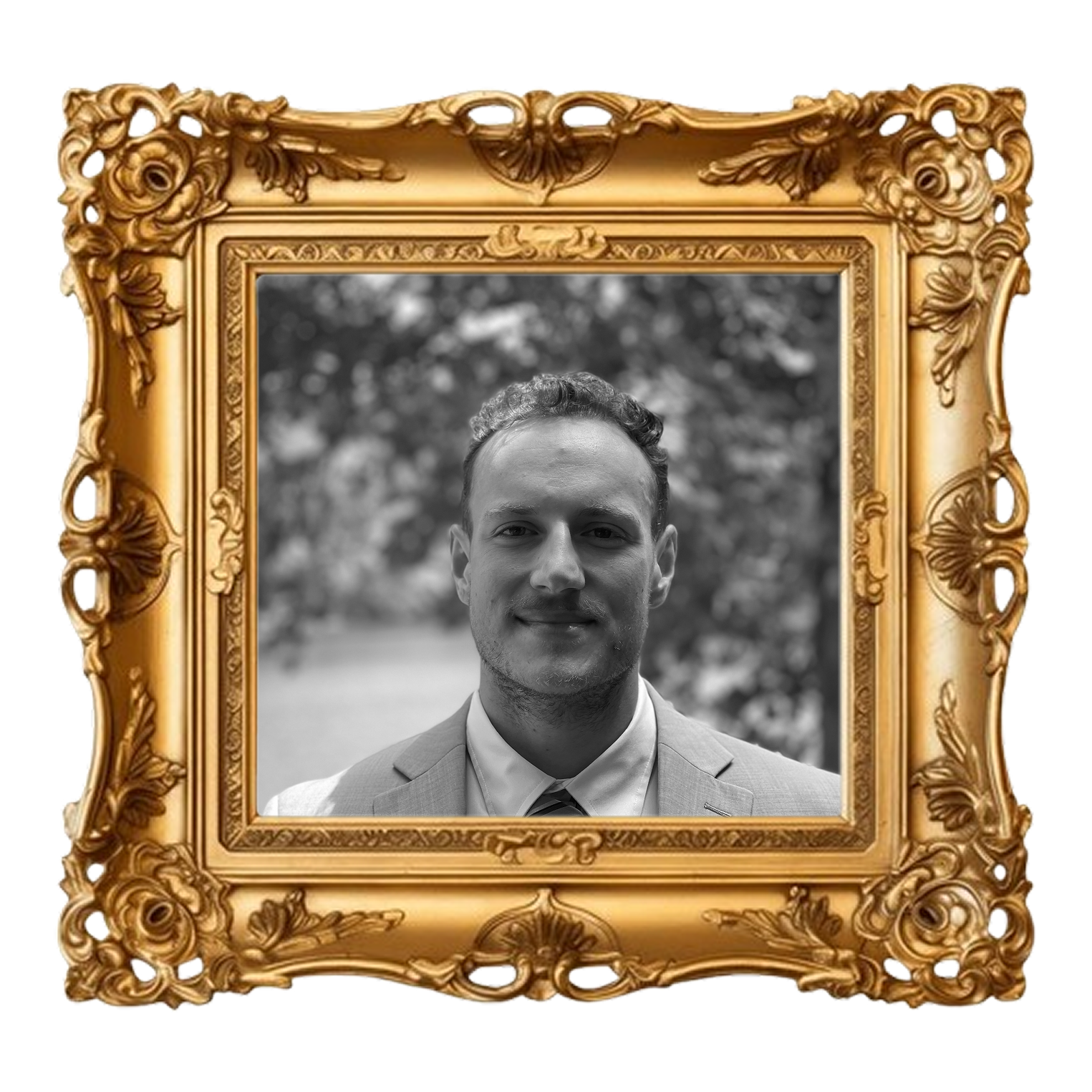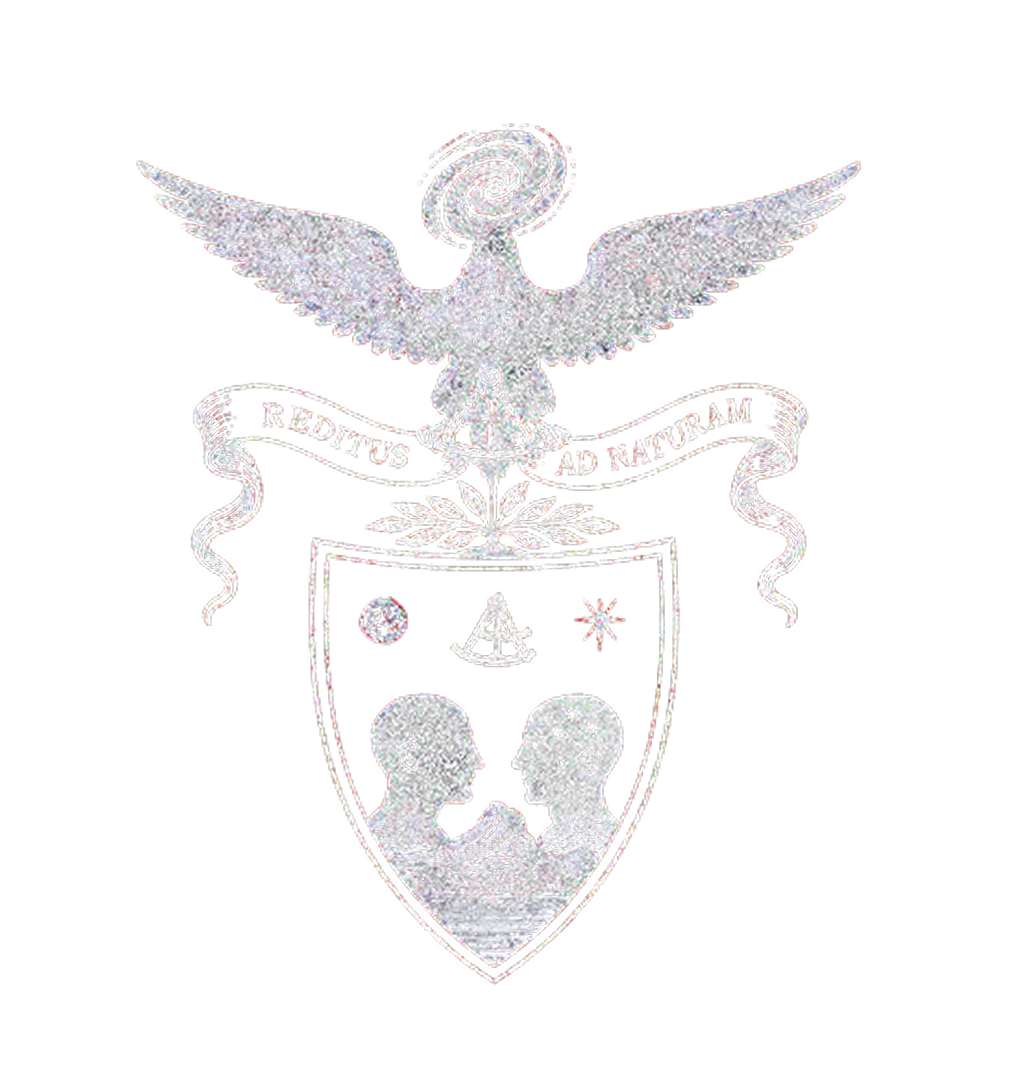Reditus ad Naturam
(return to nature)
Over time, science has mutated into a soulless enterprise — one that has arrogantly isolated itself from other areas of inquiry, and has subsequently lost its spirit. What was once a wild and wondrous pursuit has been reduced to dogma, boxed in by falsificationism and consumed by the paradigm of logical positivism. In our worship of rigidity, we have sacrificed imagination. The result has been stagnation, not progress.
Science is not sterile method carried out in uncharismatic labs, chasing incremental gains in order to publish in some journal. Nor is it merely the so-called "scientific method." Science is something far more beautiful, and broadly defined. It is a primitive human instinct: the caveman hurling a rock to trace its arc, the child gazing in awe at the stars, the alchemist stumbling into chemistry by accident. It is a rich, messy, human pursuit, and it must be freed.
At its core, the fundamental problem facing science is epistemological. We must find new ways of 'doing' science, and embrace a culture of science that is more open, ambitious, and methodologically plural.
We believe science must return to its natural, anarchic state. Only then can it fulfill its promise and lead us into a future of true discovery and wonder.
A Concrete Vision of the Future
Methodological Pluralism
As inspired by Against Method (1975) by Paul Feyerabend, we believe that science, when it truly moves, is fundamentally anarchic. Feyerabend called this epistemological anarchism, where "anything goes." If you look at the real history of progress, you will not find pristine methodology. You will find radical individuals with counter-inductive ideas, standing in defiance of their peers and the dominant paradigms of their time. They often achieved progress through means other than method or empiricism. Sometimes it was argumentation. Sometimes it was stories, rhetoric, or even propaganda.
To bring science back to life, we must create space for diverse approaches. Not every idea must be testable by today's standards. Some begin as instinct, contradiction, or philosophical rebellion. A living science embraces methodological variety.
Individualism
Scientific progress is made by people, not processes. It is born from singular minds with strange intuitions and unforgiving visions. Scientists should be bold. They should be envied, admired, and remembered. Children should look up to them not as lab coat cogs but as the giants they once were. People who saw further because they dared to look.
Historically, science was animated by individuals who did not seek consensus or comfort. They pursued the edges of reality itself, often at personal cost. Their ideas were not filtered through committees or optimized for grant acceptance. They stood alone when they had to and the world bent around them.
Openness
Openness is not merely about open-source code. In fact, there are several examples of closed-source labs achieving incredible progress while embracing internal openness. What matters is not utter transparency but the dissolving of artificial boundaries between disciplines, between worldviews, between types of knowledge.
We believe in a culture where physicists talk to poets, biologists draw from painters, and historians shape models of the future. Openness means ideas flow freely, unburdened by institutional silos or disciplinary pride.
Self-Sufficiency
Self-sufficiency means decentralization in the broadest sense. Those with the fire to pursue bold ideas and radical areas of inquiry should not only be culturally embraced, but they should also have the means to do so at their own will. Scientific infrastructure should evolve such that access to funding can be streamlined for researchers who are willing and able to venture onto the frontier. Tools should be available that enable methodological exploration and enhanced creativity.
We envision a world where the passionate researcher need not wait for institutional approval or navigate bureaucratic labyrinths to begin their work. Where the curious mind can access the resources, equipment, and collaborative networks necessary to transform wild ideas into tangible experiments. Science should be something one can wake up and pursue with immediacy, armed with both vision and the practical means to realize it.
Founders

Alexander Vawter

Zachary Lubick
"Given any rule, however 'fundamental' or 'necessary' for science, there are always circumstances when it is advisable not only to ignore the rule, but to adopt its opposite."
— Paul Feyerabend

